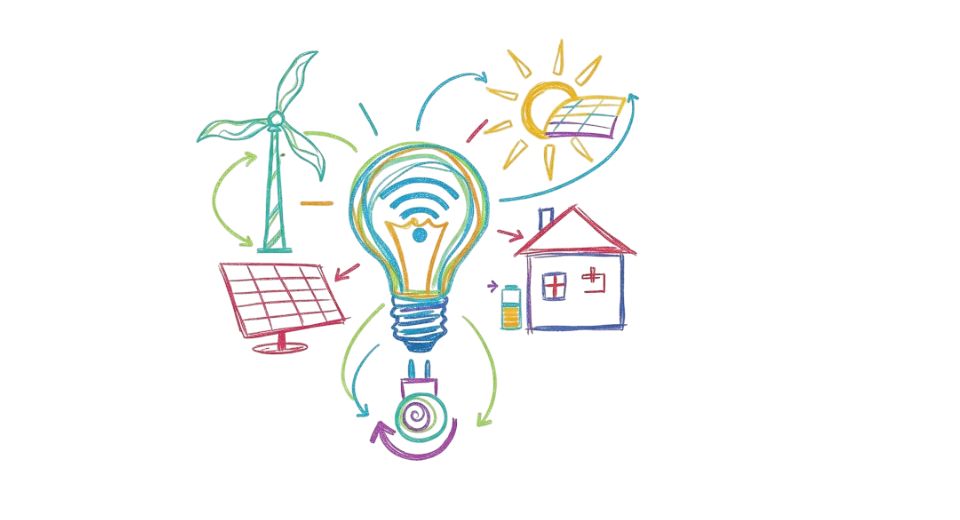
Sep 16, 2025

The recent report by Metastat Insight on the Global Smart Energy Market has generated a lot of buzz in the energy industry. It illustrates how this sector is becoming an integral component of the world's infrastructure. What was a far-fetched notion in the past, combining intelligence and data into power generation, storage, and usage, is now crucial in government, business, and home conversations. The increasing population, urbanization, and continued demand for energy efficiency have compelled nations to look for sustainable solutions that can serve today's needs. This transition is not just about producing electricity but also utilizing it in a manner that reduces wastage, increases reliability, and offers flexibility for future energy requirements.
The conversation about smart energy has transformed from what is capable with technology to how it can be used. Smart grids are a good example, providing real-time information interchange between consumers and producers of energy, enhancing the accuracy in power distribution. The grids are complemented by metering systems that allow consumers to regulate their usage as well as assist power companies to balance supply and demand accurately. Besides grids, power storage systems are being created to prevent renewable energy sources such as solar and wind power from being wasted. These developments are particularly significant as the world is shifting towards renewable energy systems that are naturally irregular and require meticulous planning to be consistent.
Growth of the industry is visible in developed as well as developing economies, albeit at varying speeds. In regions such as Europe and North America, considerable investments are being made to update infrastructure. Nations in those areas are updating aged grid distribution systems with connected, automated networks that can absorb disruptions and maintain services. In other areas of Asia and Africa, where numerous individuals remain without access to energy, smart energy solutions provide an opportunity to bypass old infrastructure and implement new, decentralized networks from the beginning. This simultaneous development is gradually closing the energy gap between various regions of the world and creating new coalitions and associations across boundaries.
Business involvement is also an essential component of this transition. Energy suppliers, technology creators, and even auto makers are collaborating to integrate smart energy into everyday life. Electric cars are no longer merely a means to reduce emissions; they are now energy resources that have the capacity to store and supply energy as needed. Home automation systems now come coupled with energy monitoring devices, allowing homeowners to monitor their consumption and manage it optimally. This confluence of industries indicates that energy is no longer a standalone sector but an open innovation platform that affects transportation, housing, manufacturing, and agriculture.
As good as the progress is, transition to smarter energy systems also comes with challenges that are worth paying attention to. The upgrading of infrastructure demands a huge capital outlay, and not every country or organization can afford this. Cybersecurity is an issue because an interconnected system can also be a more vulnerable one to electronic attack. There are also issues of privacy, as smart meters and other equipment collect data on usage which has the potential to be abused. Addressing these challenges requires more than technological solutions, however, but also straightforward rules and public education programs which foster trust and engagement of all parties.
In spite of all these challenges, there is increasing interest in smart energy solutions. Policymakers are laying ambitious targets for the use of renewable energy, companies are making efforts to reduce the cost of the solutions, and consumers are increasingly conscious about their energy behavior. This collective effort is slowly building a future where energy infrastructure is smarter, quicker, and sustainable.
In summary, the Metastat Insight analysis of the Global Smart Energy Market displays how far the industry has come and where it is headed. It reveals that smart energy is not a theoretical concept anymore but a real necessity for an interconnected world. Through the integration of innovation and sustainability, the sector is laying the ground for power systems that are more resilient and flexible. Today's trend indicates that the next few years will not only expand this market but also transform how humanity produces, consumes, and deals with energy.
Drop us an email at:
Call us on:
+1 214 613 5758
+91 73850 57479